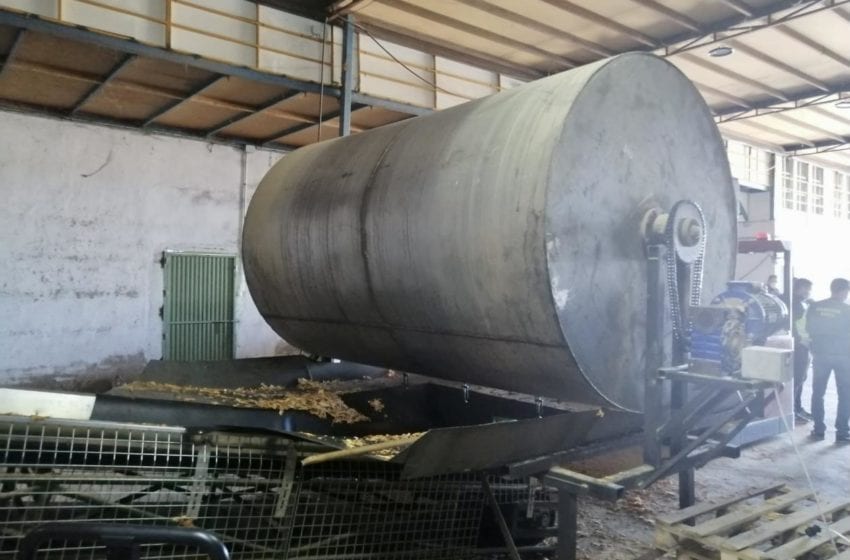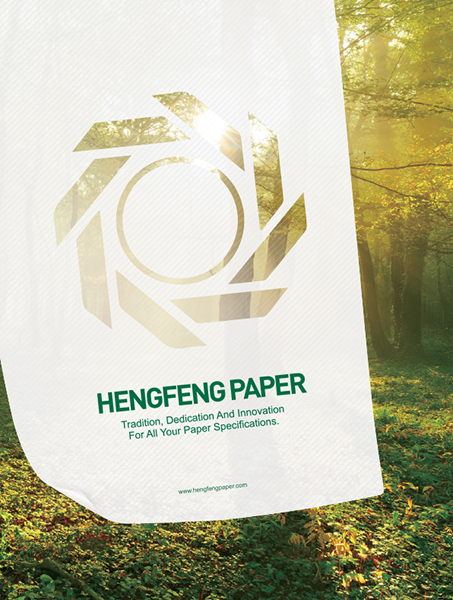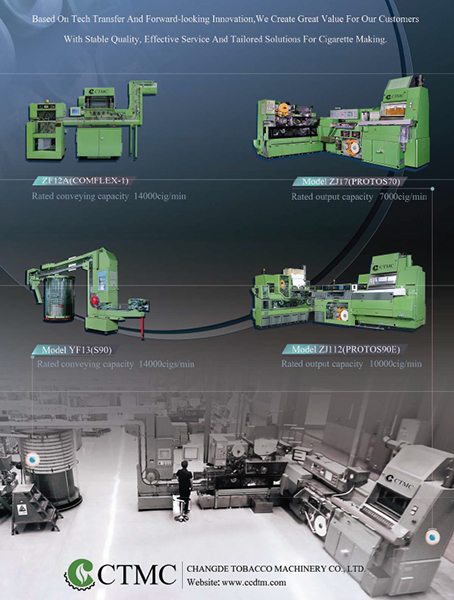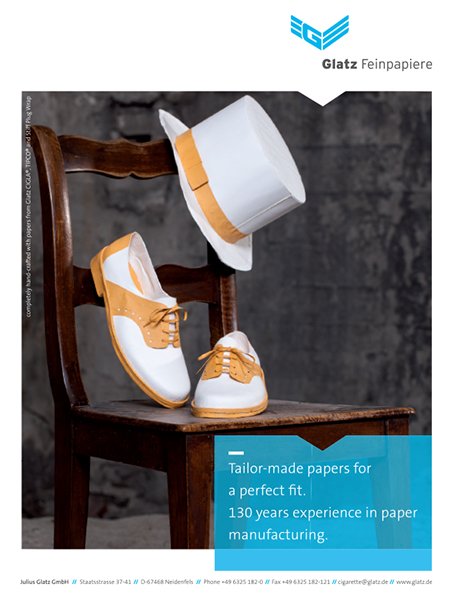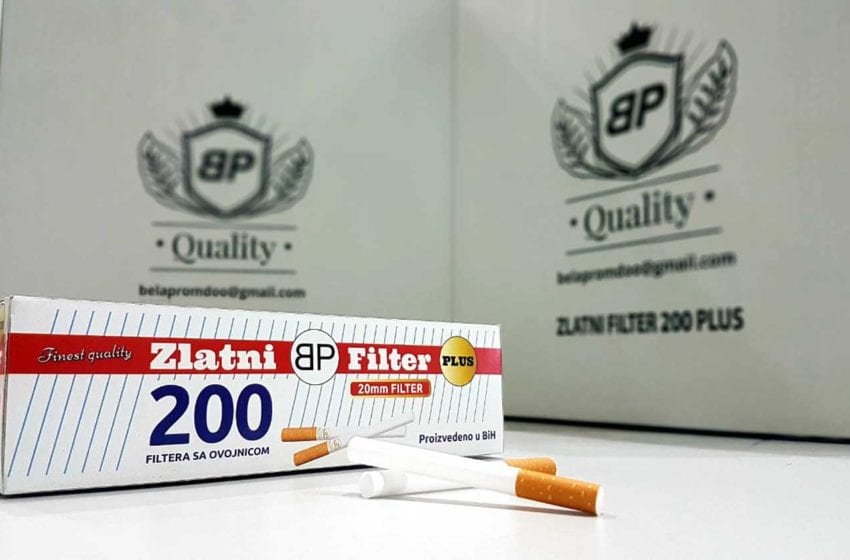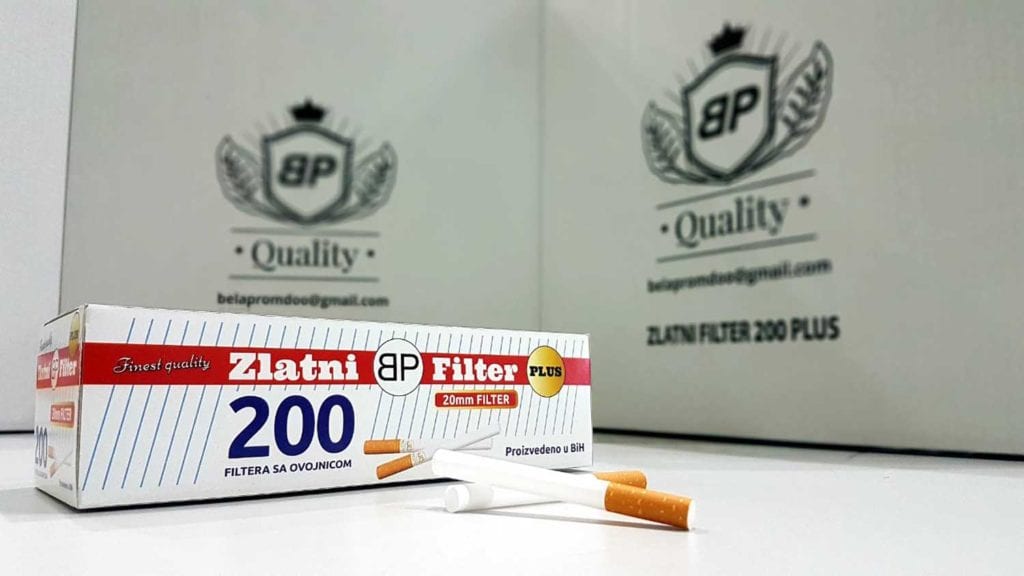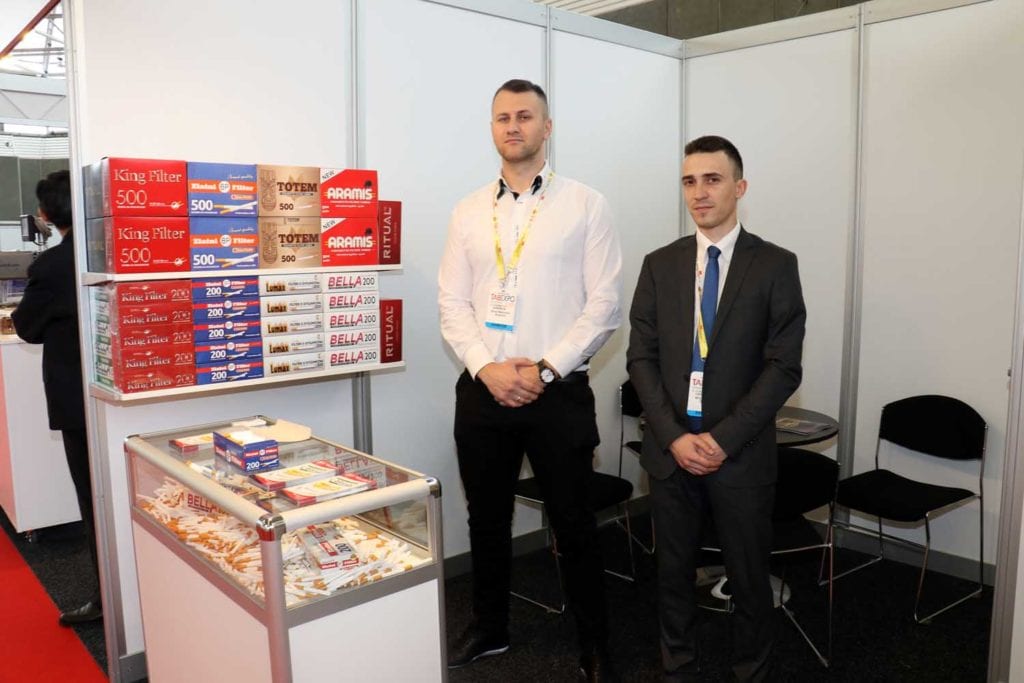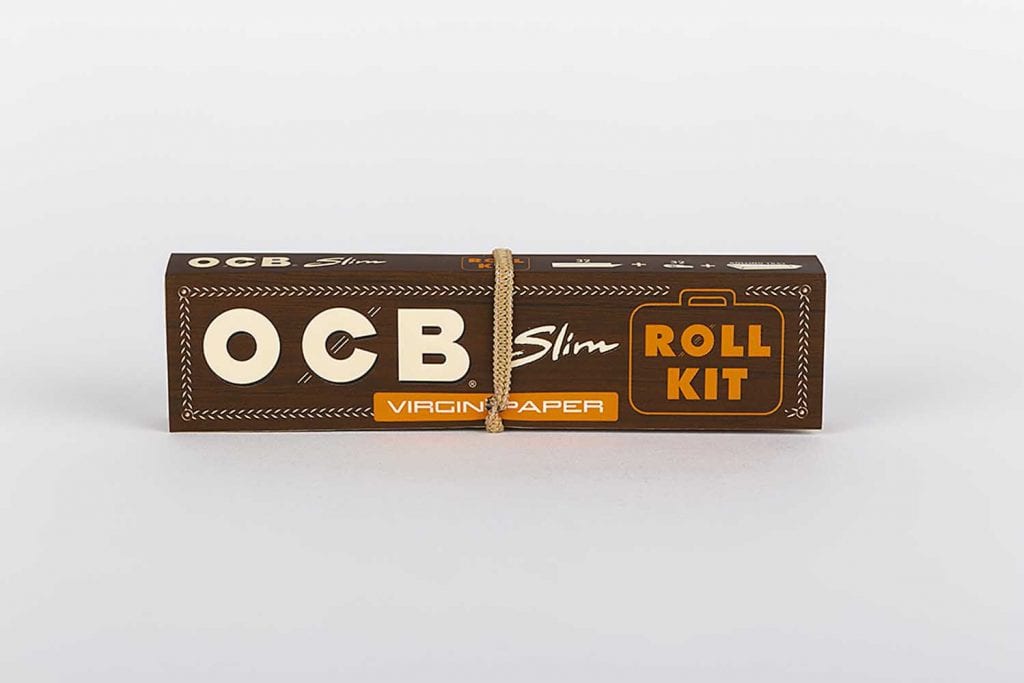Worrying developments
Fortunately, Belgium is the only EU member state to take this stance. But its doing so shows up one of the problems that a company such as RTI faces. Because the various states, when transposing EU regulations into national laws, can interpret those regulations differently, the TPD does not provide the consistent rulebook that it might appear to provide.
And this is significant because though as an RYO/MYO accessories provider, RTI is not greatly affected by the TPD in a direct way, it of course suffers the cold winds of the TPD that blow through the manufacturers of RYO and MYO tobaccos. And those cold winds keep blowing. While the revision of TPD2 is still about a year away, Sanchez says, he is already hearing comments about how TPD3 will add further restrictions. And he is rightly concerned because, as he pointed out, the imagination of EU regulators is boundless in this area.
Another issue that is likely to cause problems for the tobacco industry in general is the upcoming EU directive on single-use plastics that will probably embrace the “polluter pays” principle where the polluter is interpreted as the manufacturer—of acetate filters, for instance—rather than the consumer who carelessly discards the item.
Meanwhile, things are also tough in the U.S. where, for instance, the process that manufacturers have to go through to obtain approval from the Food and Drug Administration to put a new or modified product on the market seems so complex as to be unreasonable. Sanchez said that it was hardly possible for small RYO/MYO players to comply with these requirements and that some companies had withdrawn from the market. RTI, he added, had to increase its workforce just to do the testing and create the thousands of documents that were needed for compliance.
Standardized packaging is another issue making life difficult—and not only in an indirect way. Although it seems to beggar belief, two countries, Israel and Canada, have implemented standardized packaging requirements for rolling paper booklets while Belgium has done the same for booklets that carry the same brand name as a tobacco product.
But one of the most worrying developments that will inevitably affect RTI indirectly is the tendency for some countries to close or reduce the tax differentials between those applied to cigarettes and those applied to RYO/MYO tobacco. Portugal and the Czech Republic have already closed the gap, and the U.K. in March moved to reduce the difference.
And, of course, RTI is plagued by the availability of counterfeit rolling paper booklets and the reluctance of many countries to take effective action against such illegal trade. Sanchez estimates that just a small proportion of counterfeit products are being intercepted in the EU and the U.S. but is claiming some success for a unique QR code system that the company has introduced and that allows wholesalers, retailers and consumers to check whether they are buying genuine products.
Looking on the bright side, Sanchez says that RYO/MYO companies are generally doing better than the manufacturers of factory-made cigarettes and that RTI is doing particularly well. But, as always, there’s a catch. He said that RTI had been developing its presence on a number of markets—before, that is, the coronavirus crisis had raised its head. The situation was now complex, he added, and it was just too difficult to predict what the future might hold.

